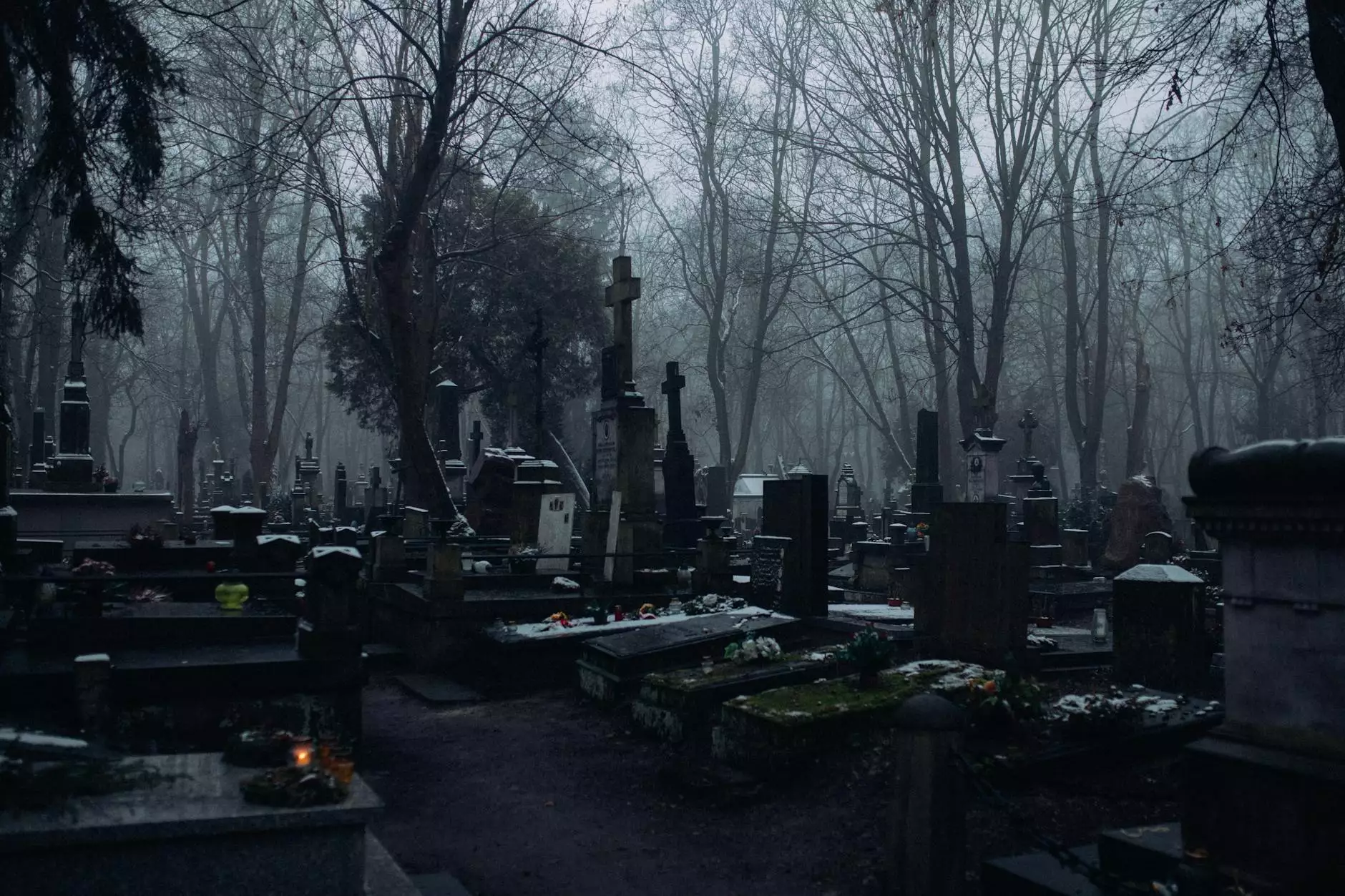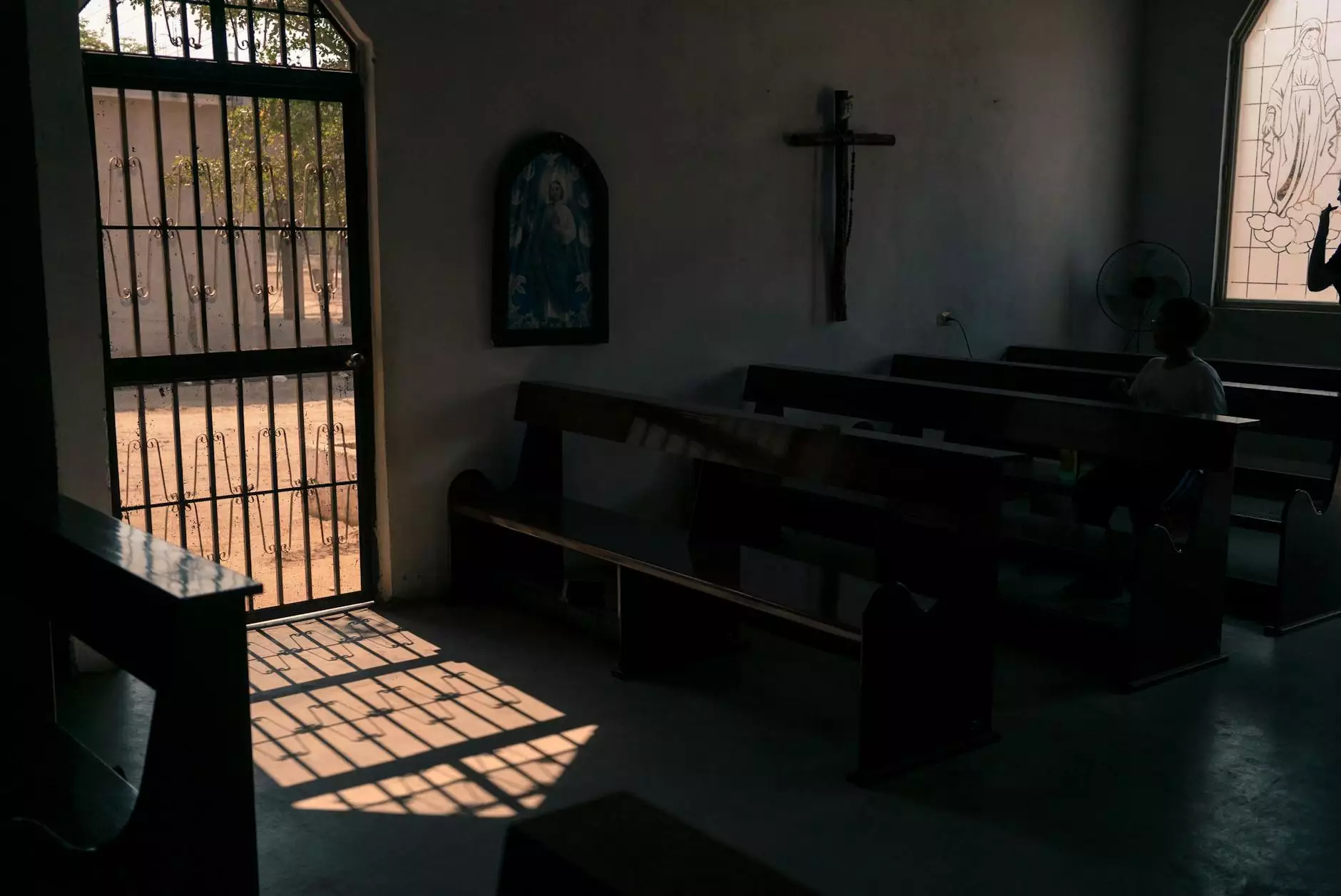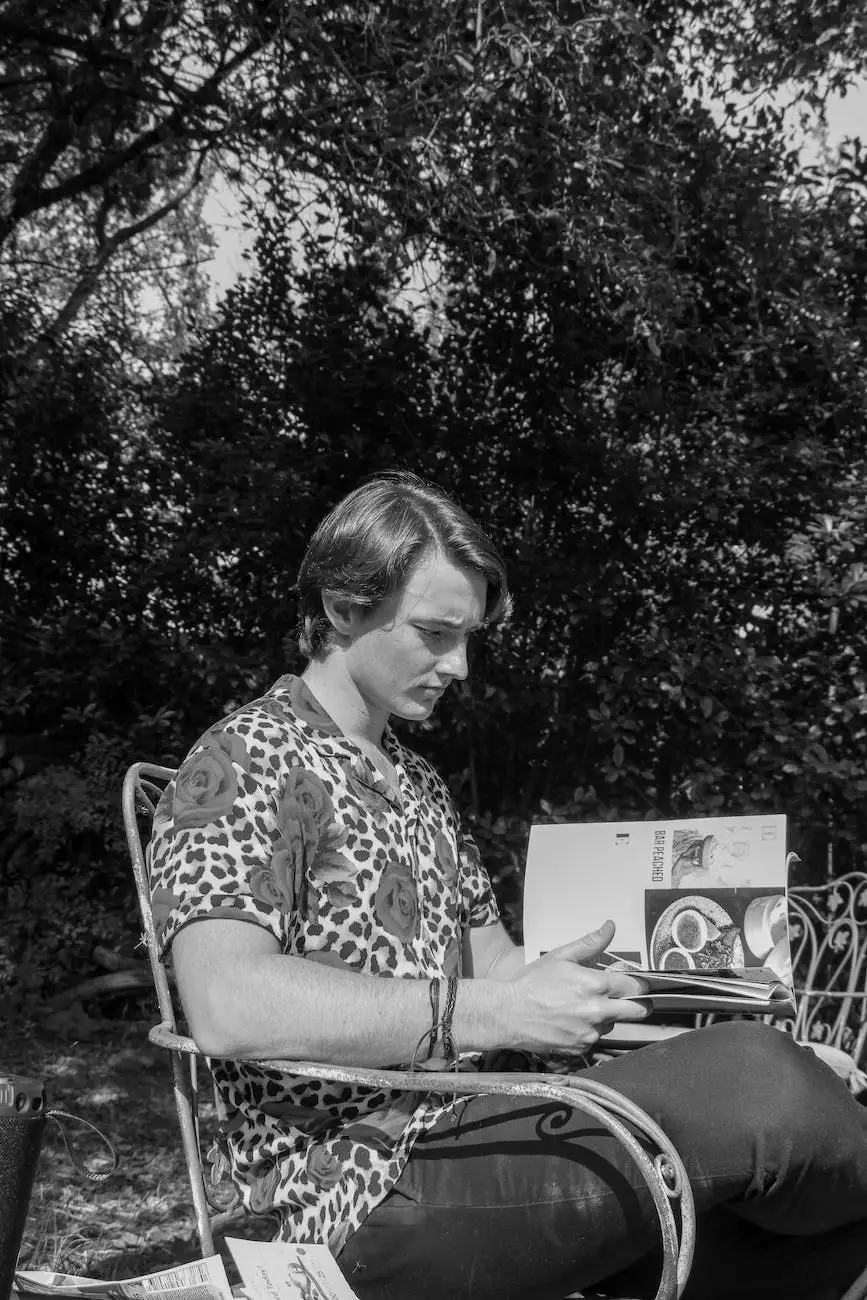DEATH PENALTY: The zeal of pro-death penalty advocates

Introduction
Welcome to Peace Church, a platform for community and society, focused on faith and beliefs. In this in-depth article, we delve into the fervor and convictions of pro-death penalty advocates, exploring their motivations and the beliefs that underpin their stance on capital punishment. Join us as we navigate the complexities of the death penalty debate and the role of faith in shaping these viewpoints.
The Historical Context
Understanding the death penalty requires an exploration of its historical context. Throughout history, societies have grappled with the idea of justice and the appropriate response to grave crimes. Capital punishment, as a form of retribution, has been deeply entrenched in various legal systems across the world. Pro-death penalty advocates argue that it serves as a deterrent, ensuring public safety and justice for victims.
Philosophical Foundations
Proponents of the death penalty draw upon philosophical foundations to bolster their arguments. Some argue from the perspective of retributive justice, asserting that capital punishment provides a just response to heinous crimes while holding offenders accountable. Others highlight the importance of maintaining a social contract, where the ultimate consequence for certain offenses is the forfeiture of one's life.
The Role of Faith
Within the Peace Church community, discussions surrounding the death penalty and its alignment with faith and beliefs are crucial. Although the church as a whole does not adopt an official stance, individuals within the community have diverse perspectives. Some emphasize the value of forgiveness and redemption, believing in the potential for transformation and the need to prioritize mercy and grace over retribution.
Diverse Perspectives
It is important to recognize that not all pro-death penalty advocates share the same motivations or convictions. Some proponents may advocate for capital punishment due to concerns of public safety, while others prioritize the concept of deterrence. Additionally, some individuals may be driven by personal experiences or a belief in the sanctity of life. Examining these diverse perspectives allows for a more nuanced understanding of the rationale behind supporting the death penalty.
Impact on Society
Advocates for the death penalty argue that it serves as a deterrent, preventing potential offenders from committing heinous crimes. They believe that the fear of capital punishment can act as a powerful influence, discouraging individuals from engaging in acts that may cost them their own lives. Additionally, proponents assert that it provides closure for victims' families, offering a sense of justice and retribution.
Evolving Perspectives
The death penalty debate is not devoid of evolving perspectives. Although pro-death penalty arguments have remained steadfast, there is undoubtedly a growing discourse surrounding the ethical implications and potential flaws of capital punishment. Many proponents now acknowledge the need for thorough evaluation and safeguards to ensure its fair application, in order to avoid the risk of wrongful convictions.
The Peace Church's Engagement
As a community rooted in faith and beliefs, the Peace Church actively engages in discussions surrounding the death penalty. Advocates on both sides come together to explore the nuances of this complex issue, striving to understand opposing viewpoints while seeking common ground. Through meaningful dialogue and reflection, the community encourages empathy, compassion, and a commitment to social justice.
Conclusion
Examining the fervor and convictions of pro-death penalty advocates presents a multifaceted view of the death penalty debate. From historical roots to philosophical foundations, this contentious issue sparks profound discussions within the Peace Church community. By acknowledging the diverse perspectives, understanding the impact on society, and promoting open dialogue, we can continuously shape our beliefs and foster compassion in our search for justice.









